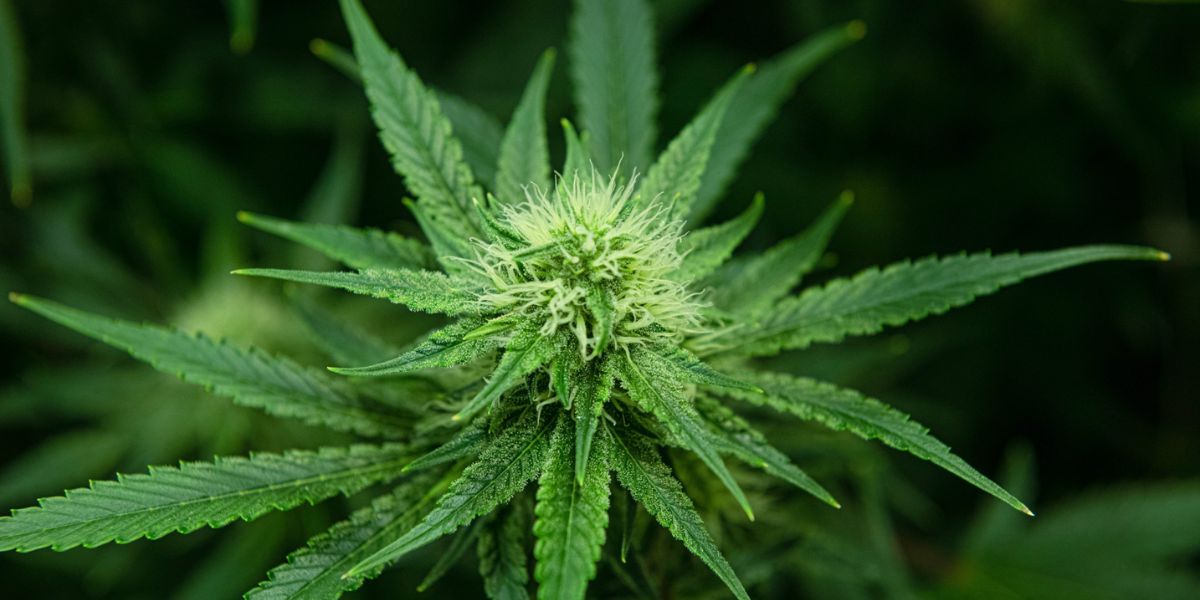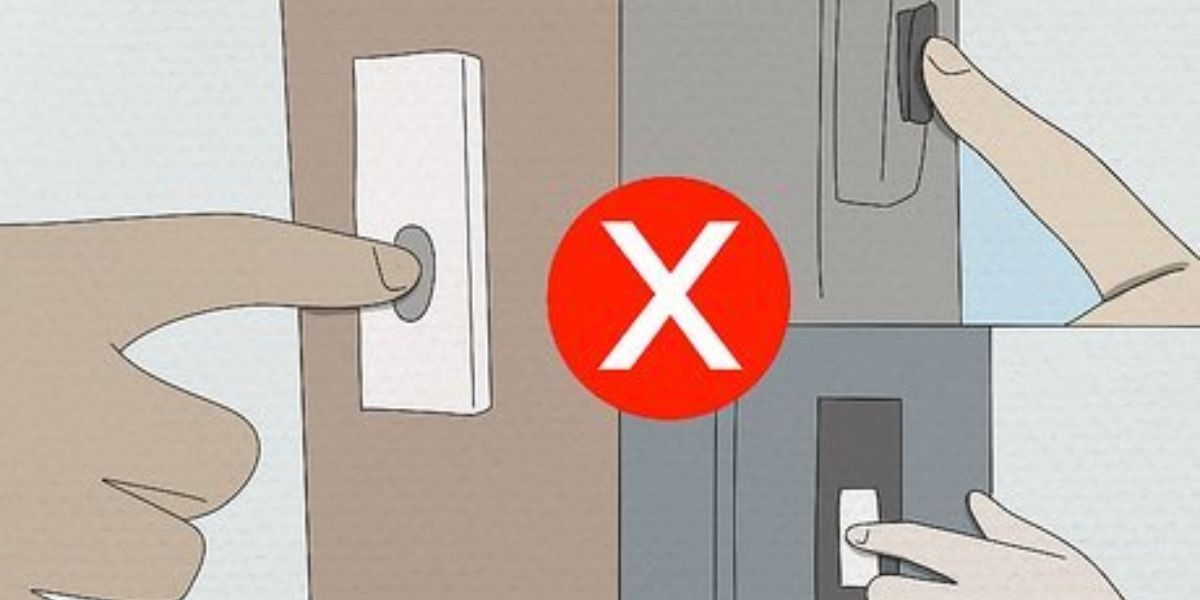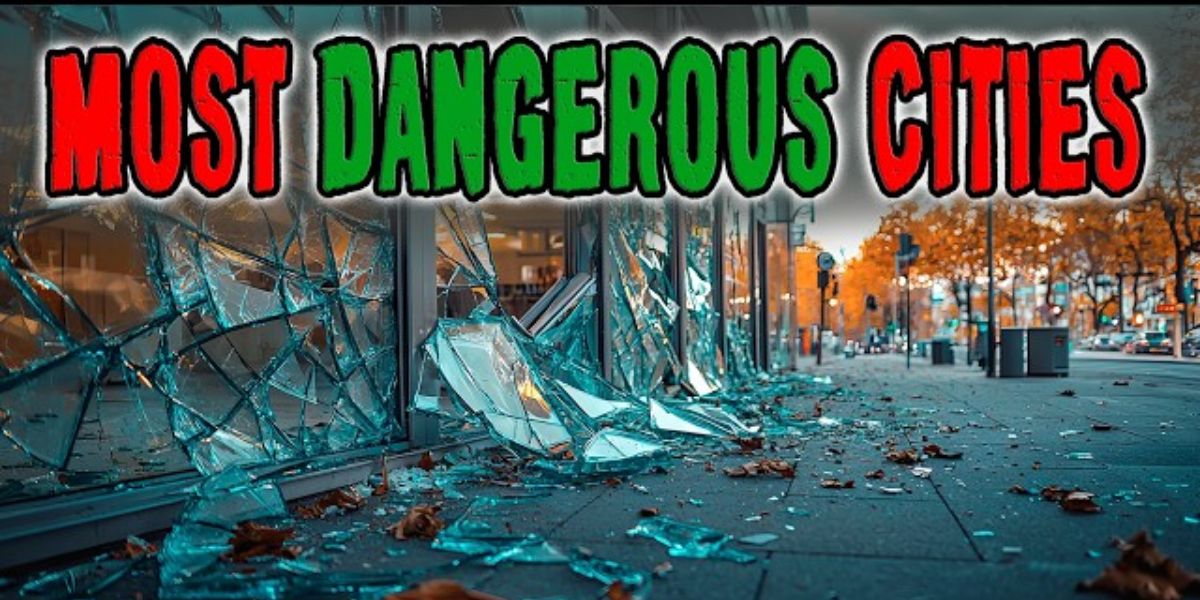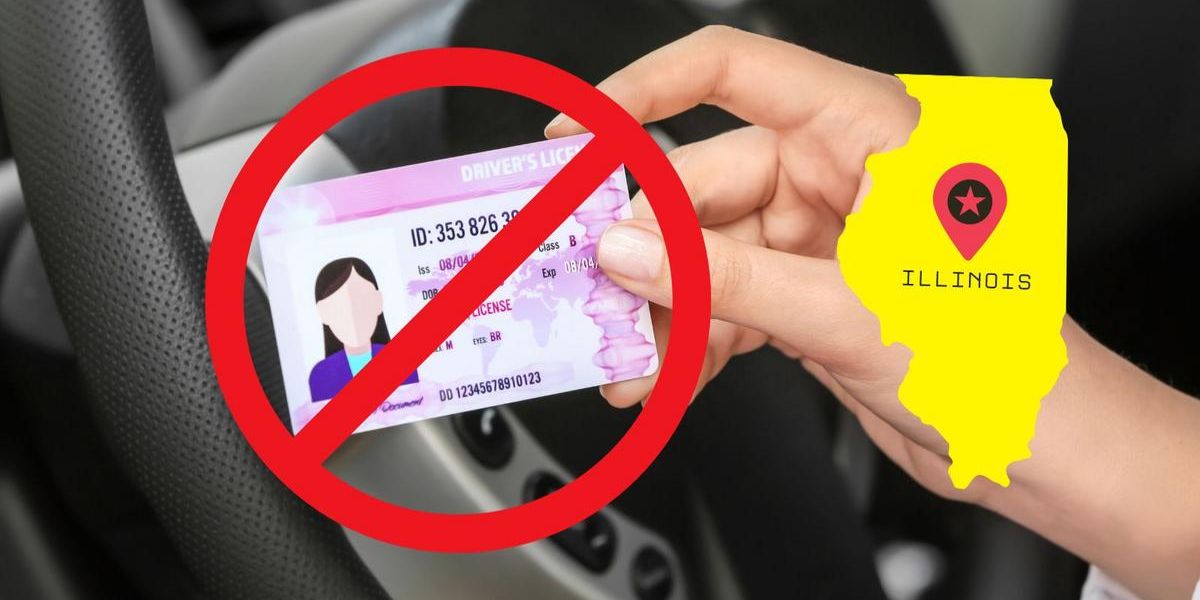New York has undergone a significant transformation in its cannabis laws in recent years, shifting from strict prohibition to legal recreational and medical use. As of 2021, adult-use cannabis is legal in the Empire State—but what does that mean for residents and visitors?
From dispensary rules to home cultivation and workplace rights, here’s everything you need to know about what’s legal—and what’s not—when it comes to cannabis in New York.
The Legalization Timeline: From Prohibition to Access
Cannabis was officially legalized for adult use in New York on March 31, 2021, with the signing of the Marijuana Regulation and Taxation Act (MRTA). This marked a major milestone, making New York the 15th U.S. state to legalize recreational marijuana.
The new law created a legal framework for growing, selling, and possessing cannabis for adults aged 21 and over. It also expanded the state’s medical marijuana program, which has been in place since 2014, making it more accessible to patients.
Recreational Cannabis: What Adults Can (and Can’t) Do
If you’re 21 or older in New York, you’re legally allowed to:
- Possess up to three ounces of cannabis flower or up to 24 grams of concentrated cannabis (like oils or vapes).
- Consume cannabis in private residences or in public areas where tobacco smoking is permitted.
- Grow up to six plants at home (three mature, three immature), though this part of the law went into effect in 2023 for medical users and will apply to all adults in 2025, once regulations are finalized.
However, there are limits. It’s still illegal to:
- Smoke or vape cannabis in public places where tobacco is banned, such as parks, subways, restaurants, or workplaces.
- Drive under the influence of marijuana—DUI laws apply to cannabis just as they do to alcohol.
- Transport cannabis across state lines, even if both states have legalized it.
Violating these laws can result in fines or even criminal charges, depending on the situation.
Medical Marijuana in New York: Who Qualifies?
New York’s medical marijuana program has evolved significantly since its inception. Today, the program is more inclusive and easier to access:
- Patients with any condition deemed appropriate by their health care provider can now qualify for medical cannabis—no longer limited to a short list of qualifying conditions.
- Patients can possess the same amount as recreational users and purchase from licensed medical dispensaries, which may offer higher potency products or strains tailored for medical use.
- Medical marijuana patients and caregivers can grow their own cannabis plants, a right extended to them ahead of recreational users.
To qualify, patients must consult with a certified medical provider, receive a recommendation, and register with the Office of Cannabis Management (OCM).
Where Can You Buy Cannabis?
Legal cannabis products can only be purchased from state-licensed dispensaries. The rollout of retail locations has been gradual due to regulatory hurdles and prioritization of social equity applicants—people disproportionately affected by past marijuana convictions.
As of 2025, several dispensaries are operating in New York City, Buffalo, Albany, and other urban areas. You can also purchase cannabis for delivery in some regions.
It is still illegal to purchase cannabis from unlicensed vendors, including street sellers or unauthorized “weed trucks.” These products are unregulated and could be dangerous or contaminated.
Home Cultivation: What to Know Before You Grow
While home cultivation is now legal for medical users, recreational users must wait until regulations are finalized—expected by late 2025. Here are the basic rules:
- Adults (21+) will be allowed to grow up to six plants per person, with a maximum of 12 plants per household.
- Plants must be grown in a secure location, not visible to the public.
- Selling homegrown cannabis remains illegal without a license.
The state is working to release detailed regulations on storage, harvesting, and inspections.
Cannabis and Employment: Know Your Rights
In New York, most employers cannot test employees for marijuana or take disciplinary action based solely on legal use. Exceptions apply to:
- Safety-sensitive jobs like construction, transportation, or healthcare.
- Federal contractors or jobs subject to federal drug-testing guidelines.
Employers can prohibit use during work hours and take action if an employee is impaired on the job.
Cannabis and Housing: Can You Use It at Home?
Landlords cannot refuse to rent to someone for legally using cannabis, but they can ban smoking in their buildings, just as they can for tobacco. If you live in public housing or federally subsidized housing, cannabis use may still be prohibited because marijuana remains illegal under federal law.
Cannabis and Parenting: Important Considerations
Parents using cannabis should be aware that while it’s legal, child protective services may still investigate if marijuana use is suspected to interfere with parenting or child safety.
Medical cannabis patients have explicit legal protections in custody disputes, but recreational users should still be cautious, especially during court proceedings.
Conclusion
New York’s cannabis laws offer both freedom and structure. Adults 21 and over can legally use, possess, and soon grow cannabis, while medical users enjoy expanded access and rights. But laws still carry restrictions—particularly around public use, impaired driving, and unlicensed sales. Understanding these boundaries is key to staying safe and legal as the state’s cannabis landscape continues to evolve.




